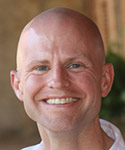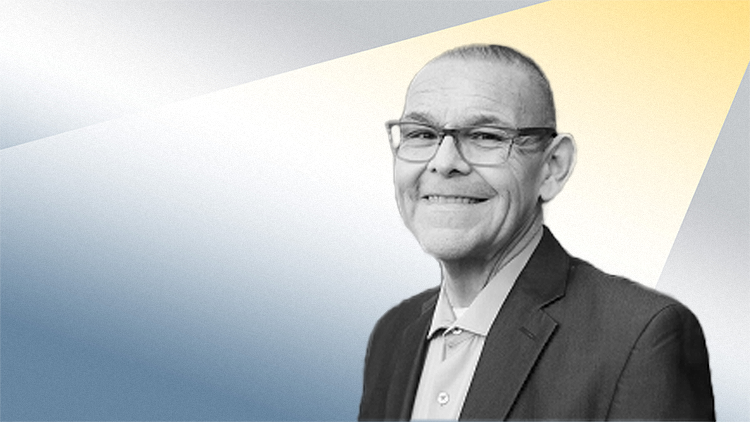You’ve no doubt seen studies showing that American mainline Protestant clergy are aging.
More than 68 percent of clergy in the Presbyterian Church (U.S.A.) are over the age of 56, an increase of almost 10 percent in the last decade. In the Episcopal Church, more than 55 percent of clergy are over 55, with more than 40 percent of priests expected to retire in the next eight years. The average United Methodist elder is 53.5 years old, the average local pastor is 54.1, and the average deacon is 51.4. In more than one Protestant denomination, retirements outpace ordinations by 2 to 1.
Denominational meetings are filled with discussion and anxiety about what these statistics mean for the life, health and future of the church. Will we have enough clergy to serve our congregations when the wave of retirements hits? Will we be able to pay retirement benefits and rising health care costs? Should we rethink educational requirements for ministry and consider new ways to encourage more people to pursue lay and ordained ministerial vocations? Some denominations have initiatives to recruit and support younger clergy, but will those be enough?
These are all significant institutional questions, and we have no choice but to continue to wrestle with them in hopeful, candid, careful ways. Indeed, these questions may well represent opportunities for the renewal and growth of congregations and denominations alike. Together, we will find a way forward, most likely with a greater need for congregational lay leadership, with fewer clergy and probably with higher bills all around.
As I look at the statistics, though, I wonder more about wisdom -- specifically, the transfer of wisdom from one generation to the next, and what may get lost along the way.
I remember being a new seminary graduate and attending my first summer denominational meeting as a clergyperson. I was there with several classmates, all of us about 25 years old, and we were ready to serve and save the church. We had more passion, energy and confidence than experience, skill or wisdom. Scores of retired clergy were also there. At breaks, they would find us -- the newly ordained -- and tell stories and offer advice. We would listen politely, but we were confident that their stories had little to do with us. They were the past, and we were the future. We were there to change the church.
And then we went to serve our congregations.
We learned -- some of us more quickly than others -- that congregations are complex gatherings of people who can be difficult to lead when forced to change. We learned that what seem like simple acts -- changing the order of worship, inviting a new musician, removing the flag from the sanctuary -- can be near-fatal pastoral decisions. We learned that even the most committed members will withhold their pledges if they do not like what’s happening in their congregations.
At the next denominational gathering a year later, each of us made contact with at least one retiree to pose questions, listen to stories and seek advice. To be sure, some of what we heard still did not address what we were facing; times were different. Some of it, though, moved internal mountains of assumptions and expectations about congregational leadership. All of it reassured us that we were not alone in this beautiful, challenging work of ministry.
In my denomination, more than 40 percent of priests will retire in the next eight years. This means that a number of us will inevitably be asked to assume senior leadership positions in flagship congregations at younger ages -- 5, 10, sometimes 15 years younger -- than our predecessors did a generation ago. We will bring fewer years of experience into these roles from the first day we’re on the job. Others of us will follow priests who were called as senior clergy at a similar age, but few in our congregations will remember when those priests were just starting; they will have known them only as seasoned senior pastors. Some of these transitions have already begun. It is not uncommon now to hear that a 35- to 40-year-old has become the senior pastor of a big-steeple church, the kind that has historically been the pinnacle of someone’s career rather than a midcareer call.
We will need to find ways to harvest the wisdom of those who have come before, of capturing their stories and advice, of honoring those gifts and passing them on. Beyond addressing the technical questions and practical challenges of an aging clergy, this work is a means of expressing gratitude for faithful service and celebrating beautiful lives.







